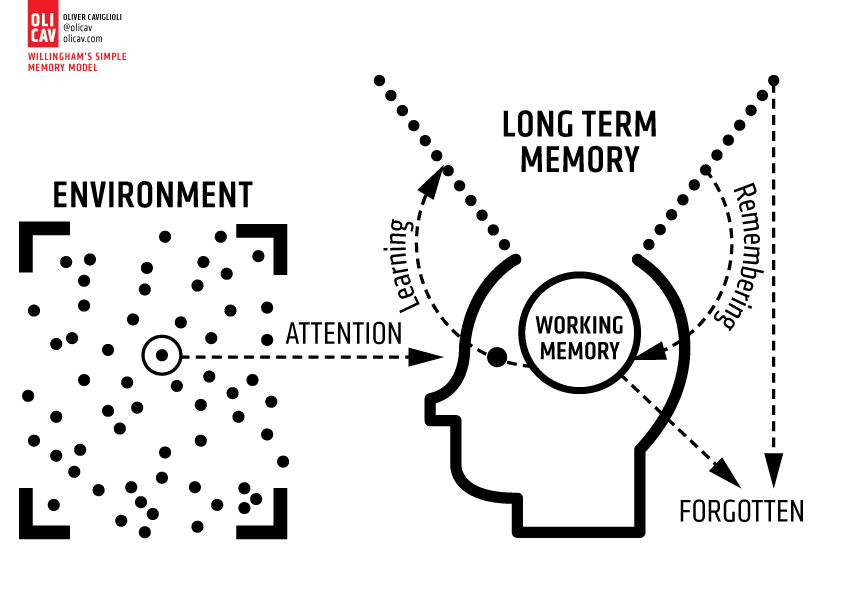Study Guidance
At KKS, we teach students that there are 3 different types of independent study:
- Homework
- Retrieval Practice
- Revision
Homework
Homework is an important part of education at KKS. It supports or extends the learning that is taking place in the classroom but it also has many other benefits.
- Builds independent study skills.
- Develops time-management and organisational skills.
- Provides time for retrieval practice.
- Encourages self-development and self-discipline.
- Supports students to take responsibility for their learning.
Tips for completing homework:
- Set a regular time within your day to complete your homework. This could be as soon as you get home or after dinner.
- Use Edulink to manage your homework. Look at your homework on Edulink every day and check off when you have completed a task.
- Prioritise homework that has the closest hand in date.
- For larger tasks or projects, break them up into smaller chunks and complete a little each day.
- Keep distractions to a minimum. Find a quiet place to complete your homework. This could be in your bedroom, at the kitchen table or in the library at school. Don’t forget to put your phone on silent!
If you are not sure about a homework task, find the teacher to ask for support – we’re here to help.
Retrieval Practice
We want our students to remember all of the knowledge and skills that we teach them.
Education research suggests that instead we should be reviewing what we’ve learnt regularly and often. We call this retrieval practice.
At KKS, we do this during lessons and in form time but it’s also important that students learn how to do this independently too.
Here is a quick guide to the research behind retrieval practice and some of the strategies that you can use to regularly review your work…
Here is a simple model of how our memory works:

We have two areas of our memory; the working memory (all the information that you are currently using) and the long term memory (all the information that you have stored away for use in the future).
The more that we retrieve facts from our long-term memory (i.e. by testing yourself) the better we remember the information. We call this retrieval practice.
Retrieval practice is shown to be more effective than popular revision strategies such as rereading and highlighting. (Dunlosky, 2013; Karpicke & Roediger, 2008)
Retrieval practice feels harder than other types of revision but that’s because it’s giving your brain a better workout!
For the best retrieval practice, you need to remember from memory without using any notes, prompts or hints.
You also need to retrieve the information a number of times on different days/months/years to make sure the information really sticks in your long-term memory.
Retrieval Activities
Look, cover, write and check: study a piece of information that you want to learn for a minute. Cover it up and write out as much as you can from memory. Check your work to see what you missed and then try again.
Test yourself: Use a question list or question cards to test yourself on key information. Remember not to spend all your time making the resource – the testing is the important bit!
Brain Dump: Spend 5 minutes writing down as much as you can remember about a topic without using your notes. Check your work to see what you’ve missed and then try again.
Revision
Revision takes place before an assessment or an exam.
If you’ve been regularly reviewing your work as you go, revision should be:
Making sure you remember all the knowledge you need (retrieval practice)
Practicing the skills you need to be successful (exam practice)
Exam Practice
Once you have a good knowledge of a topic, you need to practice applying your knowledge to exam-style questions.
Each subject teacher will be able to give you advice on where to find practice exam questions.
Using practice exam questions is most effective when you use them under timed conditions. This replicates what you will experience in a test. A useful guide for this is 1 mark per minute – but check with your teacher what they recommend in their subject.
To get the most out of practice exam questions don’t use your notes. This will give you accurate information on what you do and don’t know and how you can improve.
Read all the information in the question carefully. Often, key pieces of information are given right at the start of the question. You could highlight or underline key words as you go to make sure you read and take in every word.
When you’ve finished, check through your answers. Look out for silly mistakes like incorrect spellings, calculator errors or missing out parts of questions.
Use the mark scheme to mark your work. Mark accurately – marking things wrong now will help you to remember the correct answer next time.
Use summary notes, a mind map or question cards to record any information that you didn’t know. Next time you come to do a practice exam question, study these notes beforehand so that you don’t repeat mistakes
|
|
KKS Revision Guide
|
|
|
Online Revision Materials – Y11 Summer 2023
|
|
|
Signpost to Revision Guides
|
|
|
An Introduction to KS4 Sep 2020
|
|
|
Introduction to KKS Sixth Form Sept 2020
|
|
|
Year 7 Parent/Carer Information (Slides)
|
|
|
Parents’ Guide – Assessment & Reporting Information – Years 7, 8 & 9
|
|
|
Student Organisation Information
|
|
|
Revision. What revision is and how to revise.
|
|
|
Guidance for parents. How you can help your child with school work.
|






